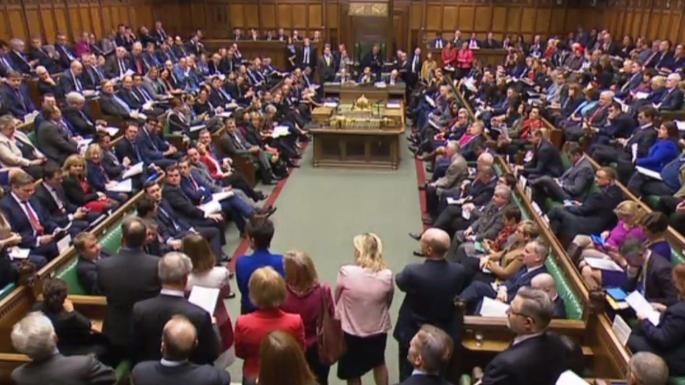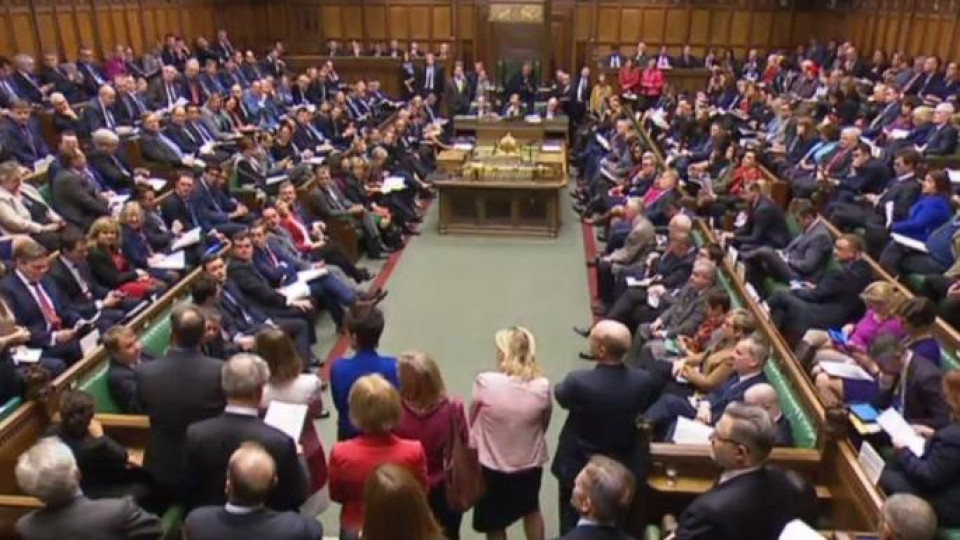
The government should lift 200,000 people out of poverty by ending its controversial benefits freeze a year earlier than planned, an influential committee of MPs has said.
The Commons work and pensions committee urged ministers to use an expected budget surplus to scrap the policy this year, rather than next year as expected.
The MPs want Philip Hammond, the chancellor, to announce the change in his spring statement later this month, saying it is needed to prevent further "destitution".
Amber Rudd, the work and pensions secretary, has previously said she does not expect the benefits freeze to be renewed in 2020.
She is due to be grilled by the committee today (Monday).
In a letter to Ms Rudd, independent MP Frank Field, who chairs the committee, said the Joseph Rowntree Foundation had estimated that ending the freeze a year early would lift 200,000 people out of poverty and see 13.7 million people on benefits receive an average of £270 more.
He wrote: "The most recent monthly public borrowing figures show a budget surplus of £14.9bn in January 2019 – £5.6bn more than the surplus in January 2018, and the largest January budget surplus on record.
"As the government considers how it will use the higher than expected January surplus, our view is that the first priority should be supporting low-income households by lifting the freeze on working-age benefits."
He continued: "We have heard in our evidence on the welfare safety net that many families are facing destitution as the support they need through the benefits system is simply not keeping up with the rising cost of living.
"You have already indicated that you do not expect the freeze to be renewed after 2020. Might we therefore press you to go one step further, and urge the chancellor of the exchequer to consider ending the benefits freeze a year early?""
The committee said it had been given evidence that the freeze will "increase poverty more than any other policy".
It said households affected by benefit caps since 2010 will have incomes between £888 and £1,845 lower next year than if benefits had been allowed to continue to rise, according to House of Commons Library research.
Independent









Leave a comment